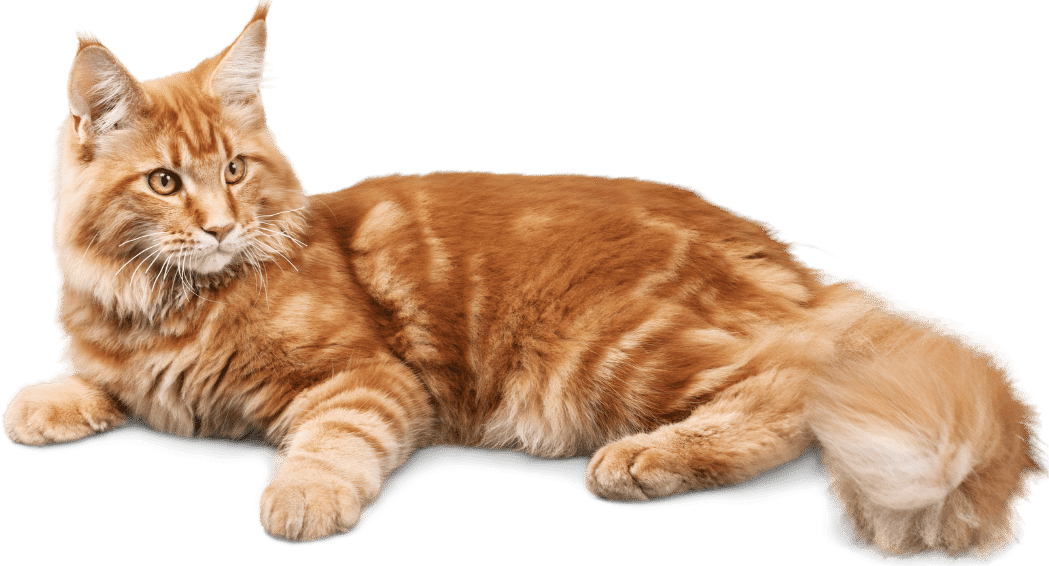The Bulldog is one of the most beloved and recognized dog breeds in the world. Known for their wrinkled faces, muscular build, and sweet temperament, Bulldogs are a favorite among dog lovers. Despite their tough appearance, they are affectionate companions who thrive in family environments. In this blog, we’ll dive deep into the history, personality, care requirements, and common health concerns of Bulldogs, along with tips on training, grooming, and finding one in India.
History of the Bulldog
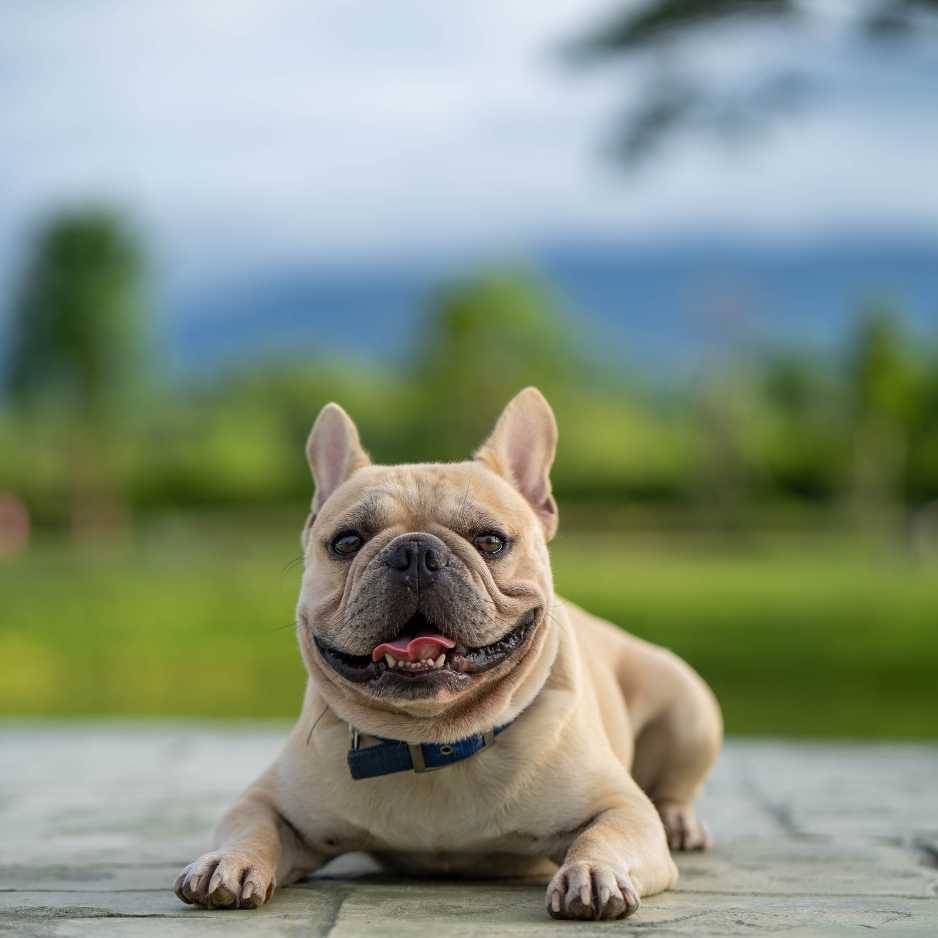
The Bulldog’s history dates back to the 13th century in England, where they were originally bred for bull-baiting, a popular sport at the time. These dogs were muscular, aggressive, and incredibly strong, traits necessary for their role in the blood sport. However, after bull-baiting was banned in 1835, the Bulldog’s role changed dramatically.
Over time, breeders worked to remove the aggression from the breed, focusing instead on their loyal and gentle nature. Modern Bulldogs are known for being affectionate, calm, and friendly companions, making them perfect for family homes. Their transformation from fierce fighters to loving pets is a testament to careful breeding practices over the centuries.
Bulldog Appearance

Bulldogs have a distinctive appearance that sets them apart from other breeds. They are medium-sized dogs with a muscular build, stocky body, and broad shoulders. Their most iconic feature is their wrinkled face and pushed-in nose, giving them an unmistakable expression. Other defining characteristics include:
- Size: Bulldogs typically weigh between 40-50 pounds for males and 30-40 pounds for females.
- Head: They have a large, broad head with a short, flat snout and strong jaws.
- Coat: Bulldogs have a short, smooth coat that comes in a variety of colors, including brindle, white, fawn, and piebald.
- Eyes and Ears: Their eyes are dark and set low in the skull, while their small ears fold over in a “rose” shape.
Despite their muscular and tough appearance, Bulldogs are surprisingly gentle and affectionate.
Bulldog Personality and Temperament

Bulldogs are known for their calm and easygoing temperament. While they may look tough, they are gentle, loving, and incredibly loyal to their families. Here are some key personality traits of Bulldogs:
- Affectionate Companions: Bulldogs form strong bonds with their owners and thrive on human interaction. They are especially known for being great with children, making them an ideal family pet.
- Loyal and Protective: Although they are not aggressive by nature, Bulldogs are protective of their families and can act as excellent watchdogs. They are known for being brave, but not unnecessarily aggressive.
- Stubborn Yet Gentle: One of the most notable traits of Bulldogs is their stubbornness. They are independent thinkers, which can sometimes make training a challenge. However, their gentle and calm demeanor makes them easy to manage with patience and positive reinforcement.
- Low Energy: Unlike some breeds, Bulldogs are not overly active. They are content with lounging around the house and don’t require excessive exercise. However, they still need moderate activity to stay healthy.
Bulldogs’ laid-back nature makes them great for apartment living or homes with smaller yards, as they don’t need a lot of space to burn off energy.
Training a Bulldog

Training a Bulldog requires patience and consistency due to their stubborn streak. They are intelligent dogs, but their independent nature can make them resistant to commands at times. Here are some tips for successfully training a Bulldog:
- Start Early: The best time to begin training a Bulldog is when they are puppies. Early socialization is crucial to ensure they grow into well-adjusted adults.
- Positive Reinforcement: Bulldogs respond well to positive reinforcement methods, such as treats, praise, and play. Avoid harsh punishments, as this can lead to more stubborn behavior.
- Consistency is Key: Being consistent with commands and expectations is important when training a Bulldog. They may not respond immediately, but with time and repetition, they will learn.
- Socialization: Introducing your Bulldog to a variety of environments, people, and other animals is essential for reducing any stubbornness and ensuring a balanced temperament.
Training a Bulldog can be challenging, but with the right approach, they can learn obedience and become well-behaved companions.
Bulldog Health Concerns
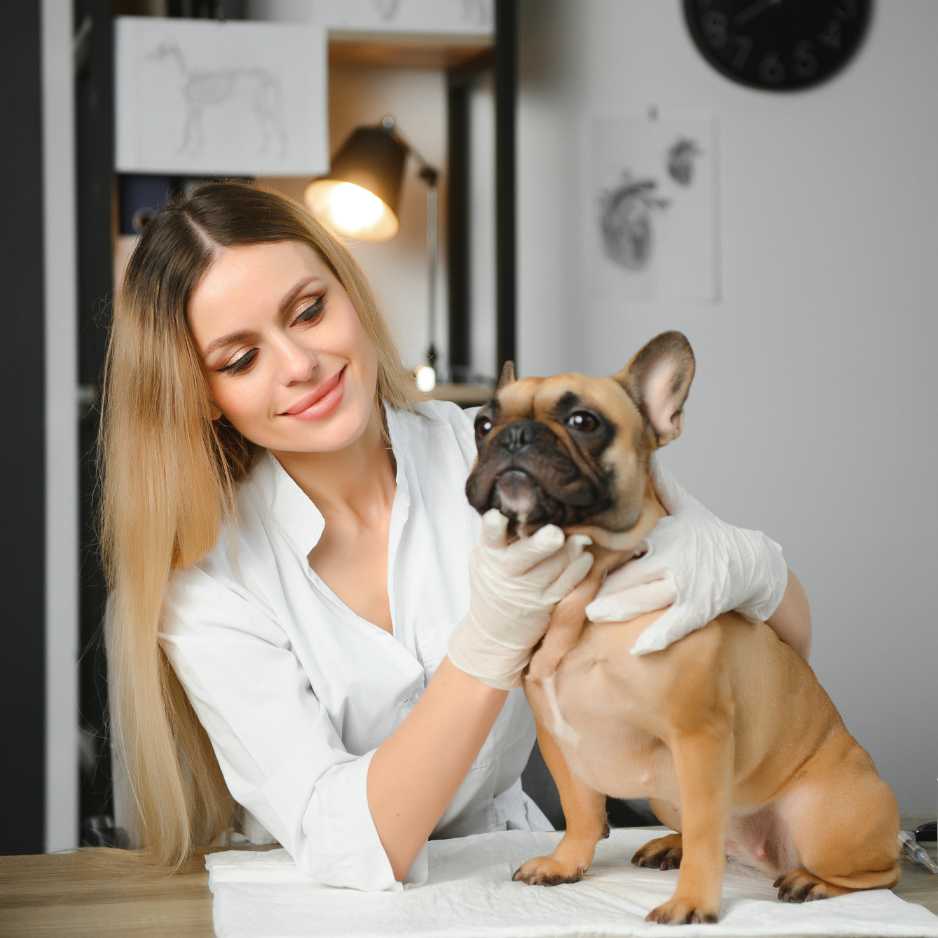
Like many purebred dogs, Bulldogs are prone to certain health issues. It’s important to be aware of these concerns so you can take preventative measures to keep your Bulldog healthy:
- Brachycephalic Syndrome: Due to their flat faces, Bulldogs often suffer from brachycephalic airway syndrome, which causes breathing difficulties. This makes it crucial to avoid overexertion and extreme heat.
- Hip Dysplasia: Bulldogs are prone to hip dysplasia, a genetic condition where the hip joint doesn’t fit properly into the socket. This can lead to pain and mobility issues as they age.
- Skin Infections: The wrinkles on a Bulldog’s face can trap moisture and dirt, leading to skin infections. Regular cleaning of the folds is necessary to prevent irritation.
- Obesity: Bulldogs are prone to weight gain, which can exacerbate joint and respiratory problems. A controlled diet and regular exercise are essential to keep them at a healthy weight.
- Eye Problems: Bulldogs can suffer from cherry eye, a condition where the tear gland becomes visible. They are also prone to entropion, where the eyelids roll inward, irritating the eye.
Regular veterinary checkups and a healthy lifestyle can help mitigate these health risks.
Bulldog Grooming Needs
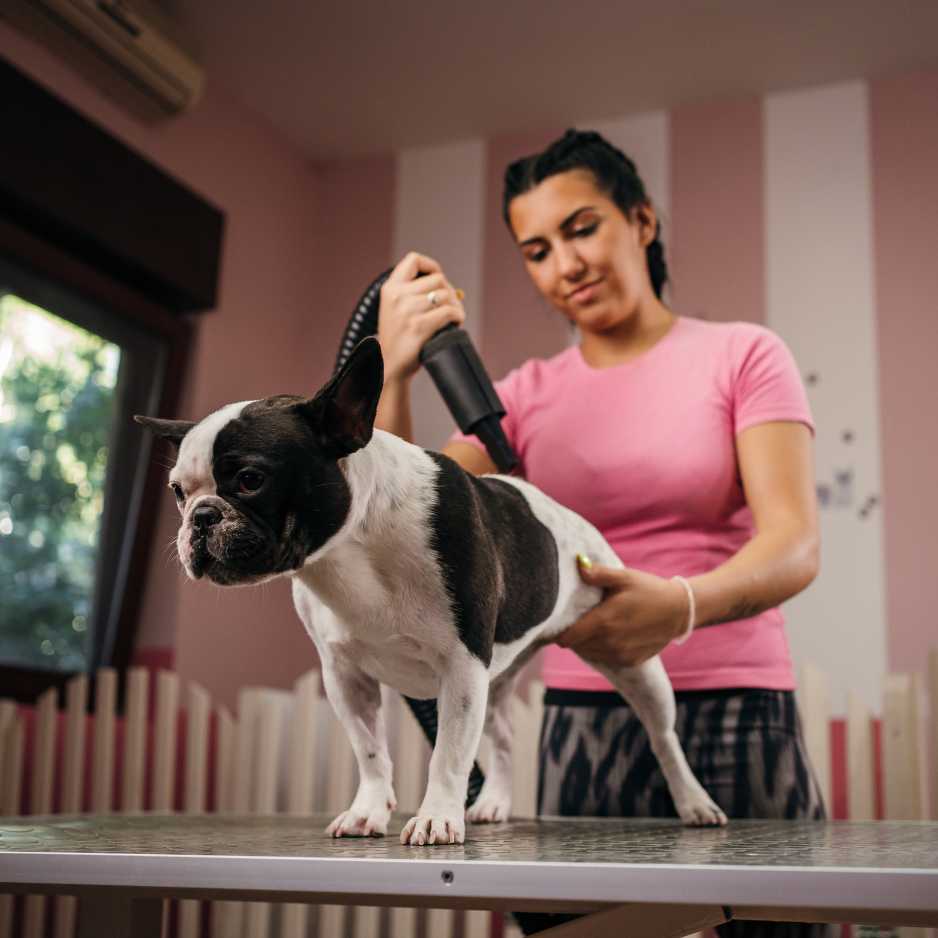
Bulldogs are relatively low-maintenance when it comes to grooming, but they still require regular care to stay clean and healthy:
- Coat Care: Their short coat only needs brushing once or twice a week to remove loose hair and keep it shiny.
- Wrinkle Cleaning: One of the most important aspects of Bulldog grooming is cleaning their facial wrinkles. Use a damp cloth to gently dog wipes the folds daily to prevent dirt and bacteria buildup.
- Nail Trimming: Trim your Bulldog’s nails regularly to prevent them from becoming too long, which can cause discomfort or difficulty walking.
- Dental Care: Bulldogs can be prone to dental issues, so regular brushing of their teeth is recommended.
- Ear Cleaning: Check their ears weekly for signs of infection, and clean them as needed.
Grooming is essential for keeping your Bulldog healthy and comfortable, especially when it comes to caring for their wrinkles.
Bulldog’s Exercise and Activity Level
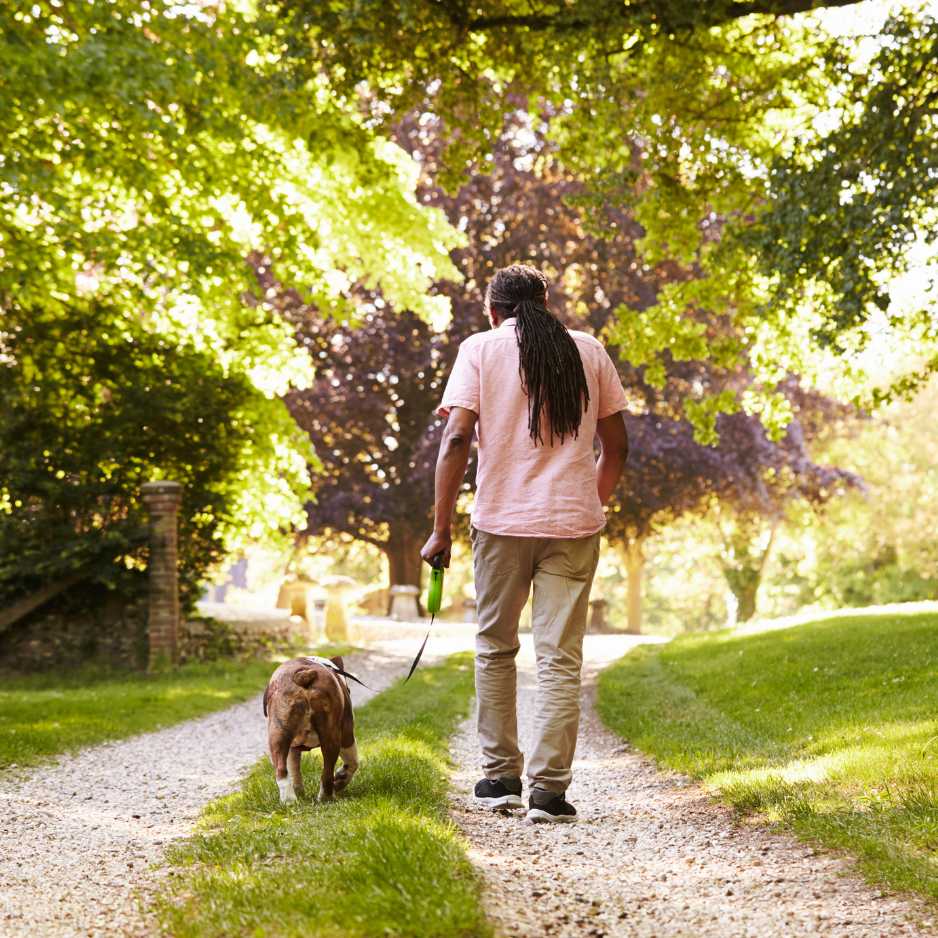
Although Bulldogs are not the most energetic breed, they still require regular exercise to stay healthy. Here’s how to manage their activity:
- Daily Walks: Bulldogs enjoy short walks but don’t need strenuous exercise. Aim for a 20-30 minute walk daily to keep them fit.
- Indoor Play: Bulldogs are happy to play indoors, so games like tug-of-war or fetch in a smaller space work well for them.
- Avoid Heat: Due to their brachycephalic nature, Bulldogs struggle with heat. Avoid exercising them in hot weather and ensure they have access to cool, shady areas.
Keeping your Bulldog active without overexerting them is important for their overall health and wellbeing.
Bulldogs as Family Pets
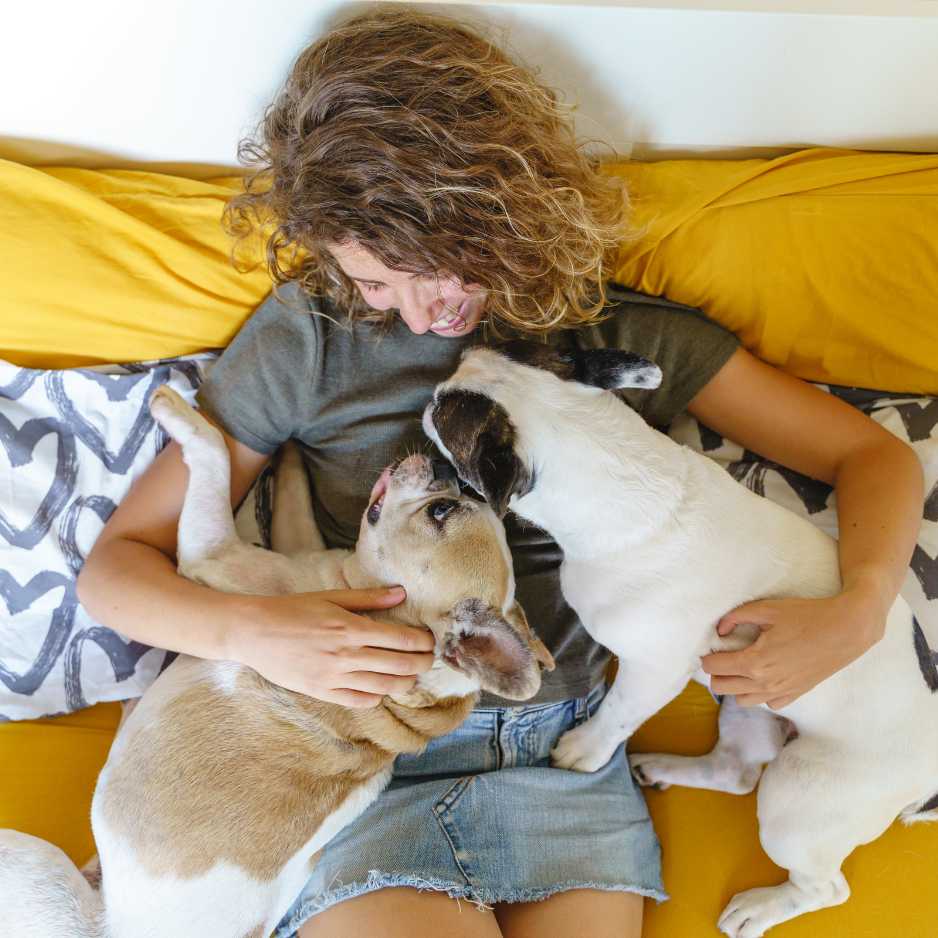
Bulldogs are excellent family pets due to their affectionate and gentle nature. Here’s why they’re such a popular choice for families:
- Great with Children: Bulldogs are known for being patient and protective of children. They are gentle and not easily provoked, making them a great companion for kids.
- Adaptability: Bulldogs adapt well to different living environments, whether it’s a large home or a small apartment.
- Loyal Companions: They are incredibly loyal to their families and love being around people. Bulldogs thrive on human interaction and make great companions for all types of households.
Price of Bulldogs in India
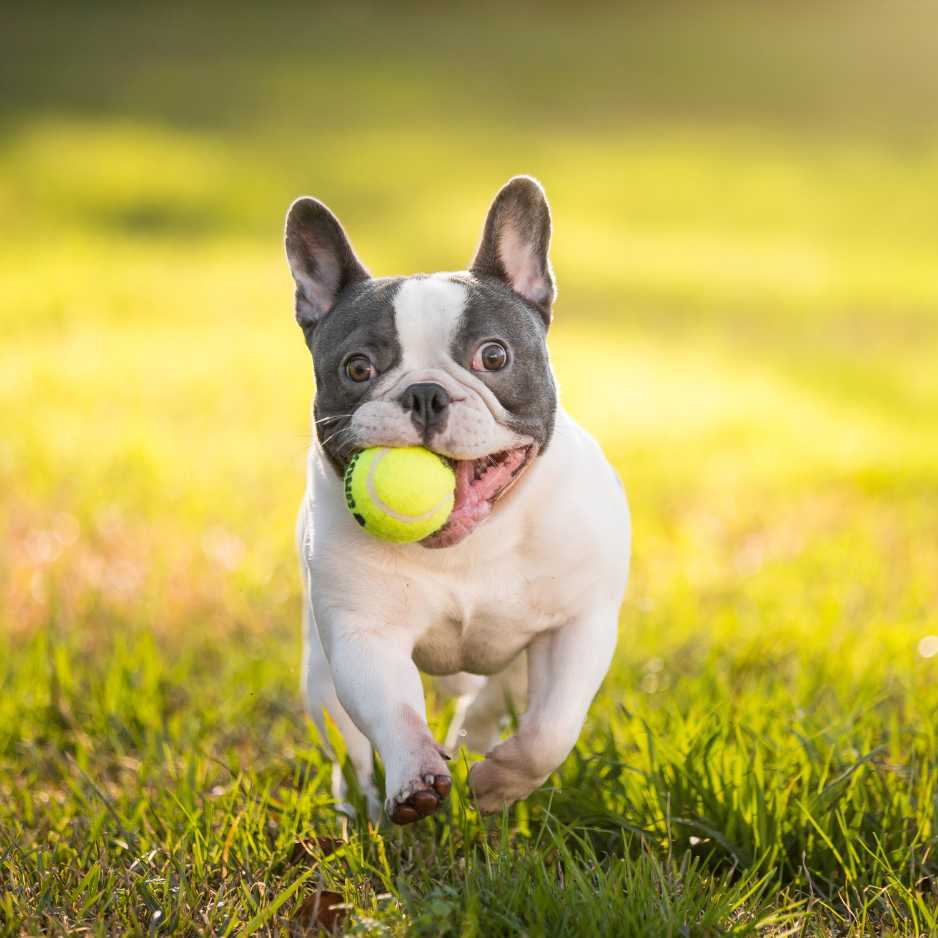
The price of a Bulldog in India can vary significantly based on factors such as the breeder’s reputation, location, and the dog’s lineage. On average, the cost of a Bulldog puppy in India ranges from ₹20,000 to ₹80,000. Factors affecting the price include:
- Purebred vs. Mixed Breed: Purebred Bulldogs are typically more expensive than mixed breeds.
- Breeder Quality: Reputable breeders who prioritize health and genetics often charge more for their puppies.
- Location: Prices may be higher in metropolitan areas compared to smaller towns.
If you’re considering buying a Bulldog in India, it’s essential to choose a reputable breeder or consider adoption.
Diet and Nutrition for Bulldogs
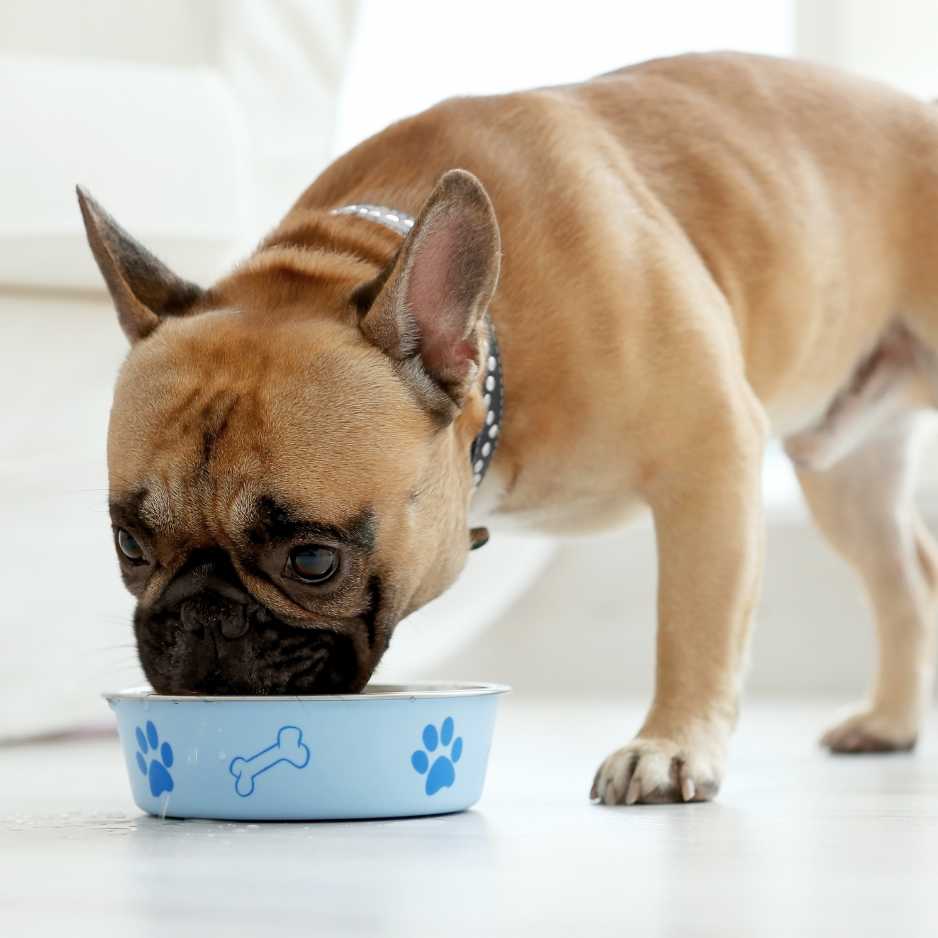
A balanced diet is crucial for maintaining a Bulldog’s health. Here are some tips on feeding your Bulldog:
- Quality Dog Food: Choose a high-quality dog food that is rich in protein and low in fillers like corn and soy.
- Portion Control: Since Bulldogs are prone to obesity, it’s important to monitor their portion sizes and avoid overfeeding.
- Low-Calorie Treats: Opt for low-calorie treats, especially if your Bulldog is overweight or prone to gaining weight.
Consult your vet for specific dietary recommendations based on your Bulldog’s age, size, and health.
Conclusion
Bulldogs are loyal, affectionate, and low-maintenance companions who can bring joy to any household. By understanding their unique health concerns, grooming needs, and temperament, you can provide the best care for your Bulldog. Whether you’re considering bringing one home or already have a Bulldog, this breed makes for a devoted and lovable pet.
FAQs
What is the average lifespan of a Bulldog?
Bulldogs typically live between 8 to 10 years. With proper care, regular vet checkups, and a healthy lifestyle, some Bulldogs can live longer.
Are Bulldogs good with children?
Yes, Bulldogs are known for being patient, gentle, and protective around children, making them excellent family pets. They form strong bonds with their families and are generally tolerant of kids.
How do I know if my Bulldog is overweight?
You can tell if your Bulldog is overweight by checking their ribs and waistline. If you can’t easily feel their ribs or see a defined waist when looking from above, your Bulldog may be carrying extra weight. A vet can provide guidance on their ideal weight.
Are Bulldogs easy to train?
Bulldogs can be a bit stubborn, but they are intelligent and can learn commands with patience and positive reinforcement. Consistency is key when training them, and starting early with basic obedience is recommended.


